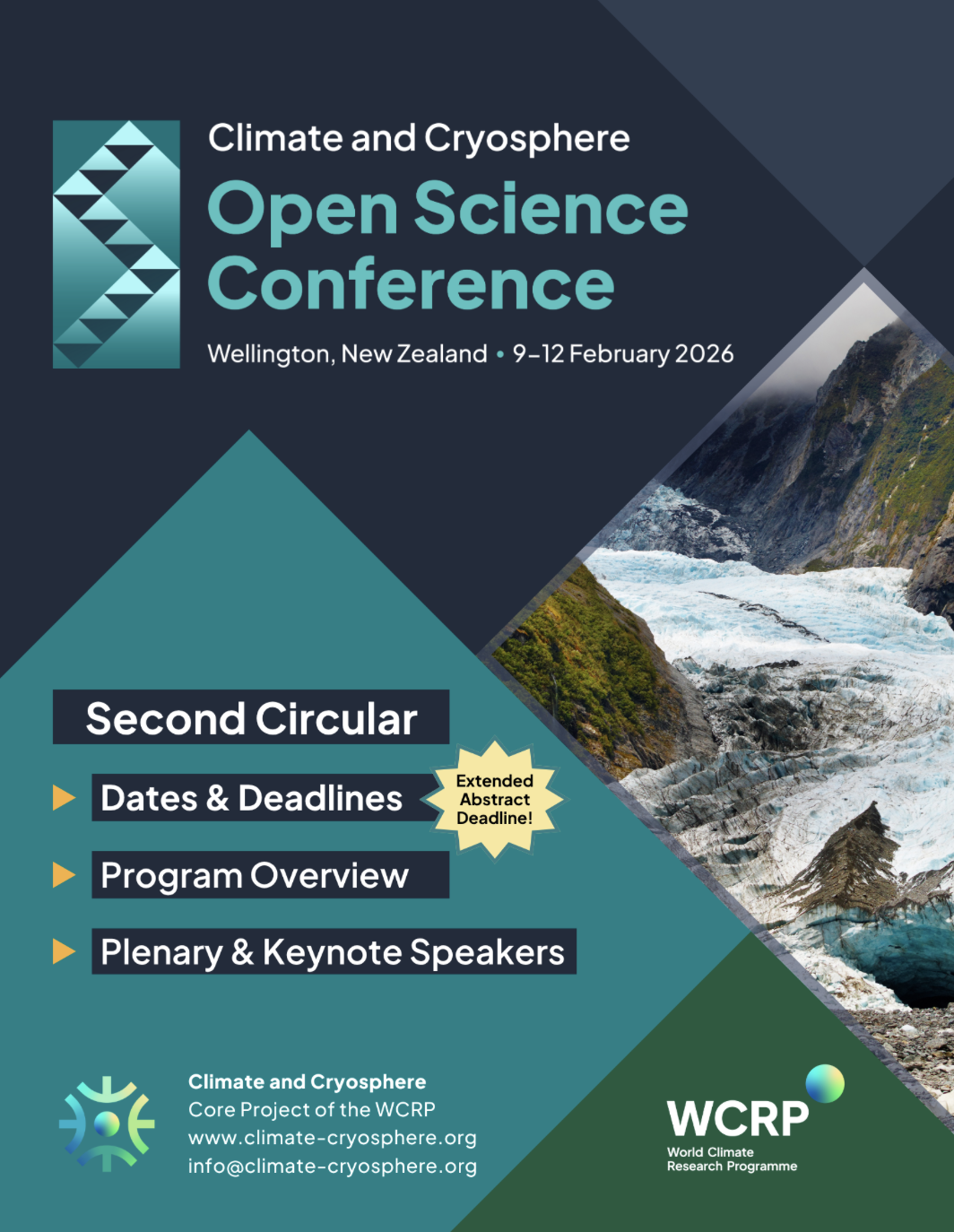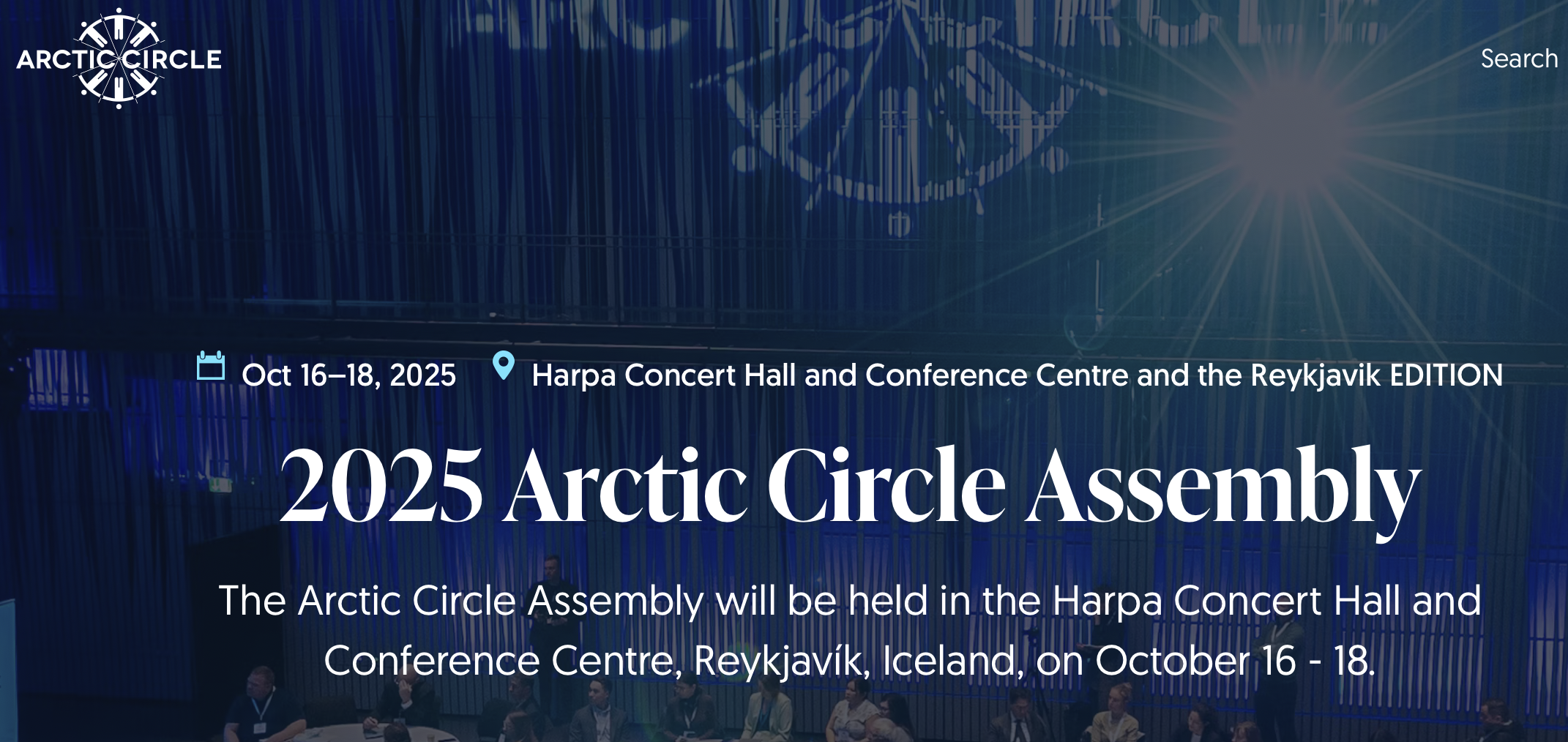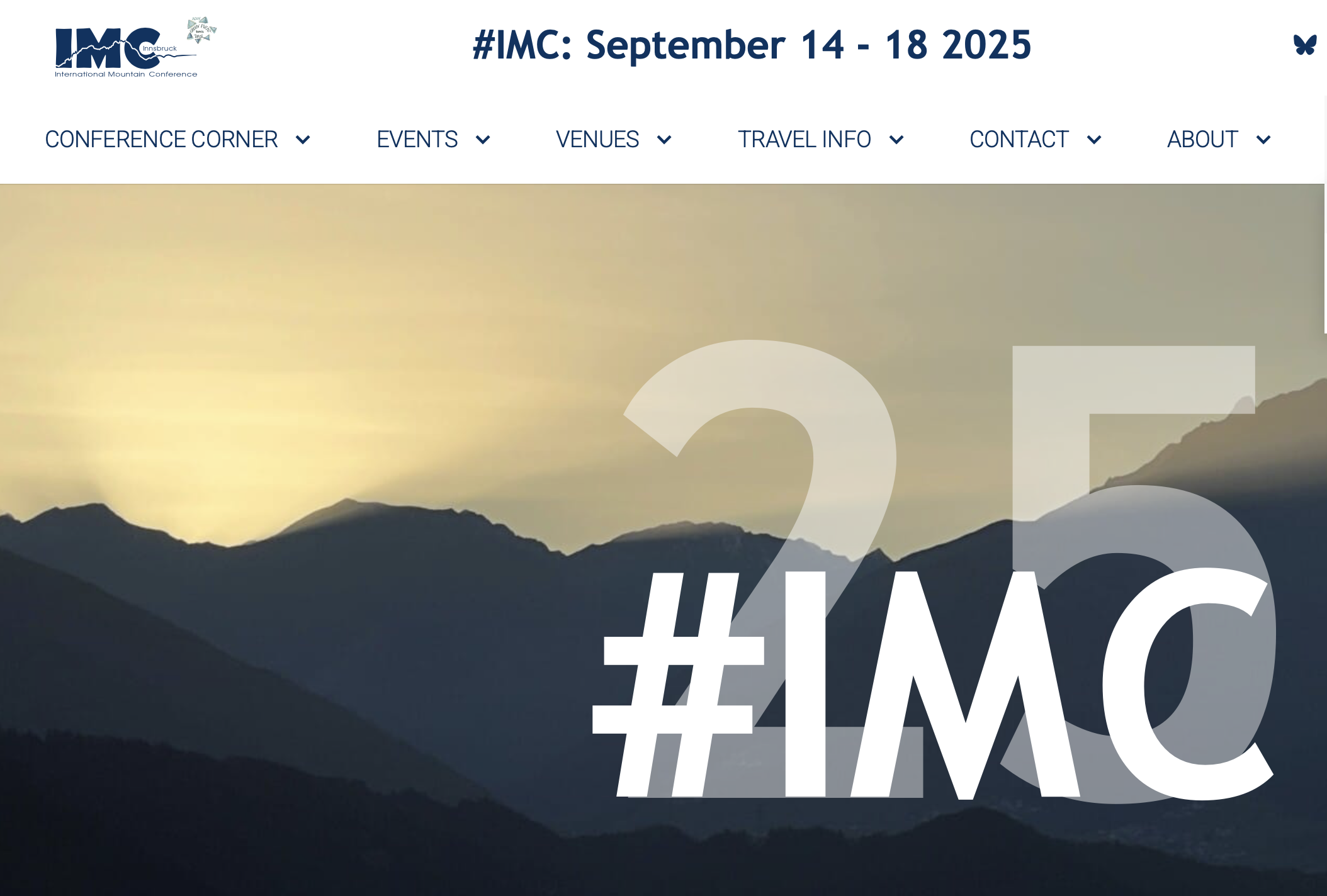On 2–3 April 2025, the third subregional seminar on cryosphere issues was held in Samarkand, Uzbekistan, within the framework of the GEF-UNDP-UNESCO project “Enhancing the resilience of Central Asian countries by promoting regional cooperation on snow and glacier monitoring systems for integrated sustainable development and climate change adaptation”. The event was organized by the UNESCO Regional Office in Almaty and conducted in line with the methodology for developing Strategic Action Programmes under the Global Environment Facility (GEF) International Waters focal area.
The seminar built on the work initiated in 2024 at previous subregional and national seminars, where participants laid the groundwork for the development of the Transboundary Diagnostic Analysis (TDA).
The meeting brought together representatives of ministries and agencies responsible for environment and water resources from Kazakhstan, the Kyrgyz Republic, Tajikistan, Turkmenistan, and Uzbekistan, as well as international and national cryosphere experts, data management specialists, and representatives of NGOs. The main objective was to move from analysis to action: based on the TDA and scenario modelling, participants laid the foundation for developing National and Subregional Action Programmes (NAPs and SAP) for adaptation to cryosphere changes.
The seminar presented the main findings and recommendations of the cryosphere TDA. Particular attention was given to mechanisms for implementing future action programmes, agreed priority areas, and examples of successful solutions. A significant part of the seminar was devoted to jointly developing a vision for the cryosphere of the future (2050), setting specific goals and defining upcoming tasks.
The discussions will form the basis for further development of national and subregional action programmes aimed at strengthening the resilience of the region’s countries to the impacts of climate change on the cryosphere through enhanced national and subregional cooperation.

 Go Back
Go Back

